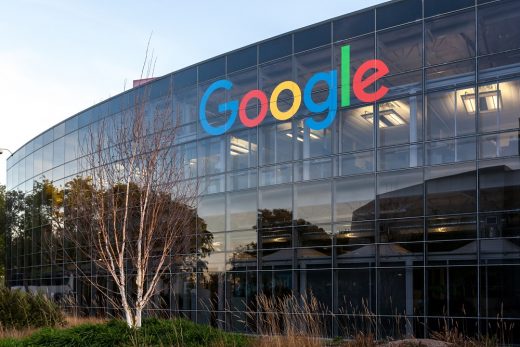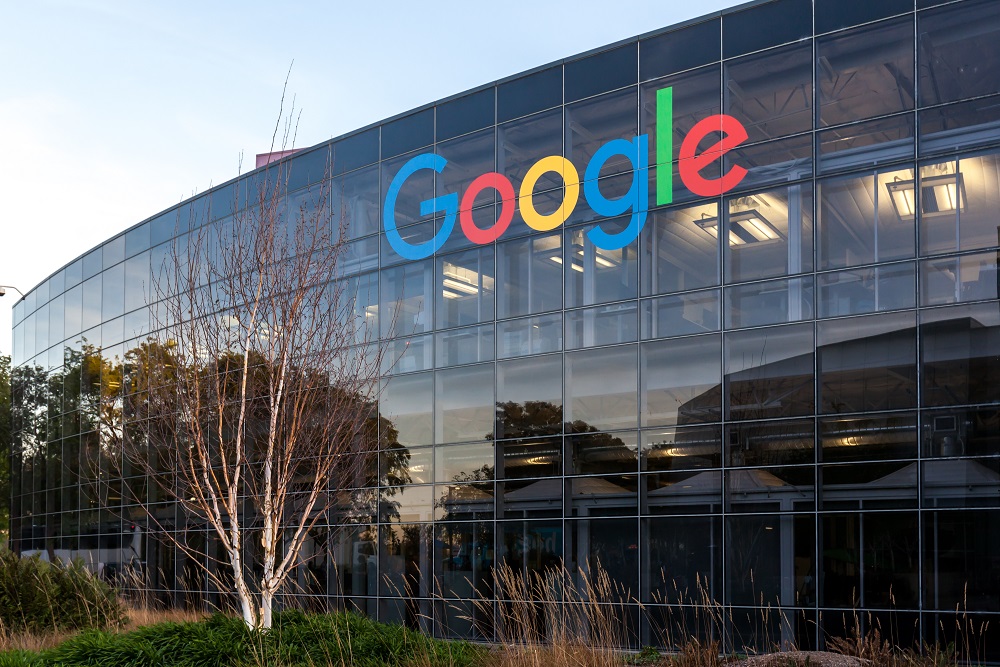Google tightens its ad misinformation policies ahead of the election
Google has announced it’s strengthening its ad policy in an attempt to counter inaccurate information ahead of the November election. Under the policy changes, advertisers who work together to conceal their identities and distribute misinformation and those who use illegally obtained information will be banned on Google and YouTube, said Google spokeswoman Charlotte Smith. Both changes, which go into effect September 1st, tighten and clarify existing regulations.
“Over the past few years, we’ve introduced political ads safeguards to prevent foreign interference, limit targeting, and increase transparency in the election ads users see,” Smith said in a statement. “To bolster these efforts, today we are expanding our policies to prevent the coordinated spread of disinformation from domestic actors who conceal their identity and illegally obtained materials via ads. We believe these new measures strike the right balance in helping preserve trust in our elections while allowing for robust dialogue and public discourse about current events.”
Google’s ad policy already forbids advertisers from misrepresenting themselves, but the policy change will prohibit advertisers from working together to distribute misinformation and concealing their affiliations. This could include, for example, a spammy marketing company that creates ads that look like newspaper articles, Smith said. The new policy, should it be broken, will enable Google to take action not just against an individual advertiser but also the network they’re working with.
The other policy change will prohibit advertisers from using hacked and leaked political material in advertisements, or directly linking to it. Discussion of these materials is still allowed, but advertisers cannot give direct access to them. An example of this, Smith said, would be a screenshot of an email that was part of the 2016 leaked Hillary Clinton email archive.
These policy changes are the latest in Google’s ongoing work to combat disinformation in ads. In recent weeks, the tech giant has also banned coronavirus conspiracy ads and ads for ‘intimate partner surveillance’ tech.
(16)




